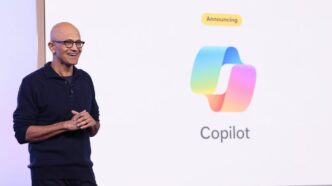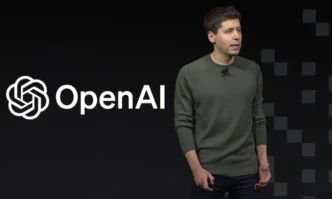Microsoft is taking its AI-powered Copilot experience to the next level by adding two new deep research tools—Researcher and Analyst—designed to tackle complex tasks with greater precision. These additions position Microsoft 365 Copilot as a serious competitor in the evolving landscape of AI-driven research assistants.
In recent months, AI chatbots like OpenAI’s ChatGPT, Google’s Gemini, and Elon Musk’s xAI Grok have all rolled out deep research capabilities. They rely on advanced reasoning models capable of breaking down complex problems, cross-checking information, and generating detailed reports. Microsoft is now joining the race with a unique twist—its tools blend powerful reasoning models with access to both the web and proprietary enterprise data.
The first tool, Researcher, harnesses OpenAI’s deep research model along with Microsoft’s orchestration technology and enhanced search features. Microsoft claims Researcher can go beyond simple data gathering. It’s designed to deliver high-level analyses such as crafting go-to-market strategies or assembling comprehensive quarterly business reports for clients. Its ability to pull data from third-party connectors like Confluence, Salesforce, and ServiceNow sets it apart, allowing professionals to integrate real-time business insights directly into their research.
Meanwhile, Analyst takes things a step further for data-heavy tasks. Built on OpenAI’s o3-mini reasoning model, Analyst focuses on advanced data analysis. It operates iteratively, refining its answers step by step to ensure clarity and accuracy. Analyst’s standout feature is its ability to run Python, which empowers it to handle sophisticated data queries and computations. For transparency, Analyst can also reveal the reasoning process behind its conclusions—a valuable function for businesses relying on accurate data interpretation.
What gives Microsoft’s deep research suite a competitive edge is this seamless integration of work-specific data with global web knowledge. While most AI research tools rely solely on public data, Microsoft’s Copilot can pull from internal knowledge bases, external APIs, and real-time data feeds—all within one query. This hybrid approach enables deeper, context-rich insights.
Still, like any generative AI system, these tools face familiar hurdles. Microsoft acknowledges that even powerful models like o3-mini aren’t immune to inaccuracies, potential hallucinations, or drawing conclusions from unreliable sources. Ensuring precision in citations and maintaining trustworthy data sources remain top challenges.
To drive early adoption, Microsoft is launching a Frontier program, which gives Microsoft 365 Copilot users exclusive early access to both Researcher and Analyst. Starting in April, Frontier participants will be the first to test these experimental features as Microsoft continues refining them for broader rollout.
With these additions, Microsoft positions Copilot as more than just an AI chatbot—it’s becoming a strategic research partner capable of handling high-stakes business analysis.













